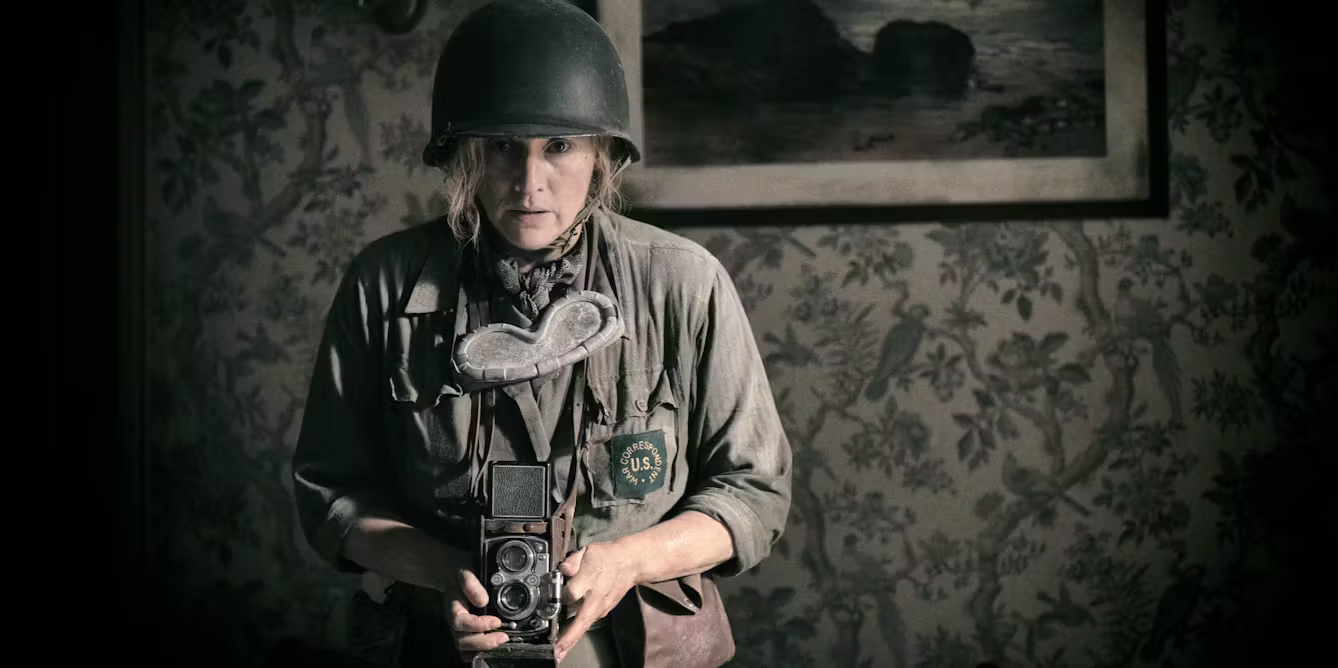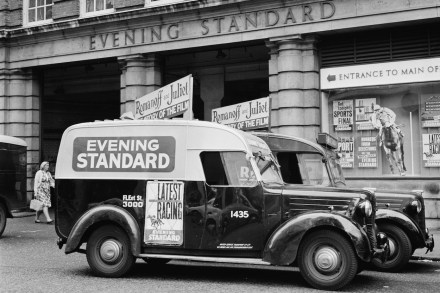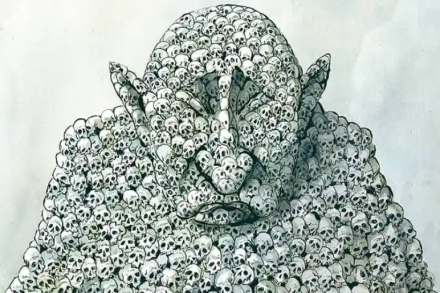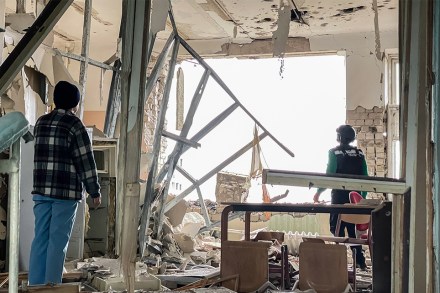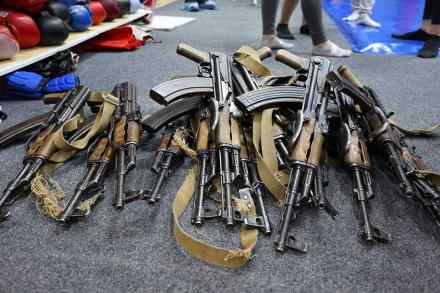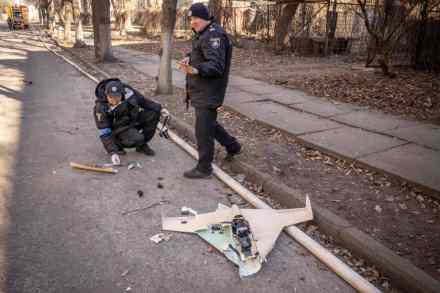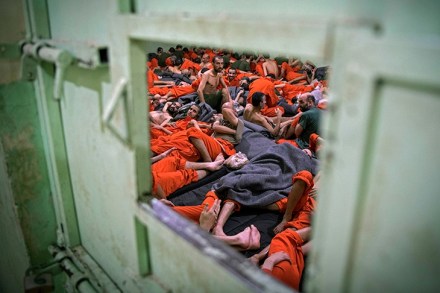The death of the war photographer
Hollywood has been good to war photographers this year. First came the dystopian blockbuster Civil War, with Kirsten Dunst as a veteran photojournalist touring America at war with itself. Now comes Lee, starring Kate Winslet as second world war legend Lee Miller, who captured the liberation of Paris and the horrors of Dachau. Both demonstrate
